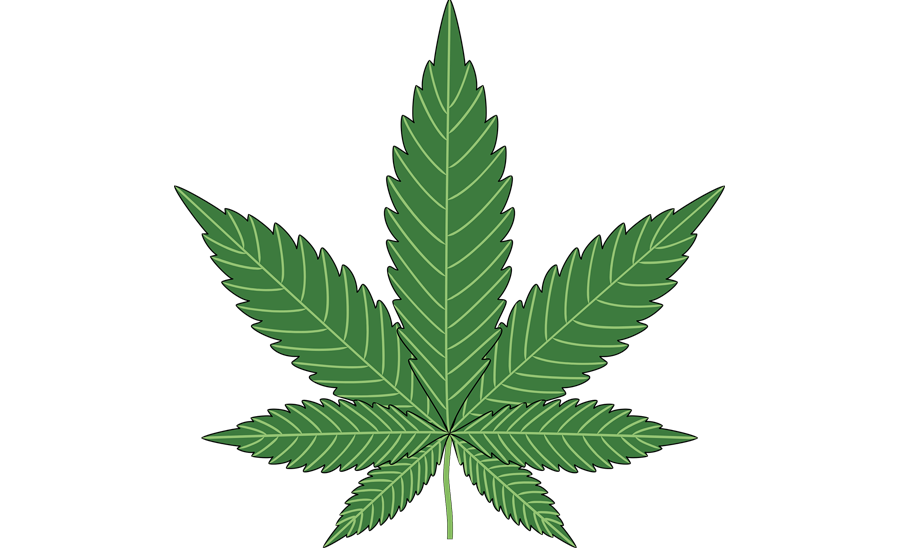Legalizing medical marijuana may result in fewer occupational fatalities

Workplace fatalities were found to be lower in states that have legalized medical marijuana – at least among a certain age group - in a study published on ScienceDirect.
“Although there is increasing concern that legalizing medical marijuana will make workplaces more dangerous, little is known about the relationship between medical marijuana laws (MMLs) and workplace fatalities,” according to the study’s authors, who set out to determine what, if any, relationship existed between the two.
It’s an issue with potentially far-reaching implications; to date, medical marijuana is legal in 33 states plus the District of Columbia.
For the study, researchers D. Mark Anderson, Daniel I. Rees and Erdal Tekinc used workplace fatality data from the Bureau of Labor Statistics (BLS) from all 50 states and the District of Columbia for the period 1992–2015.
The findings
Legalizing medical marijuana was associated with a 19.5% reduction in the expected number of workplace fatalities among workers aged 25–44. The association between legalizing medical marijuana and workplace fatalities among workers aged 16–24, although negative, was not statistically significant at conventional levels. The association between legalizing medical marijuana and workplace fatalities among workers aged 25–44 grew stronger over time. Five years after coming into effect, MMLs were associated with a 33.7% reduction in the expected number of workplace fatalities. MMLs that listed pain as a qualifying condition or allowed collective cultivation were associated with larger reductions in fatalities among workers aged 25–44 than those that did not.
Conclusions
While the study indicates that legalizing medical marijuana improved workplace safety for workers aged 25–44, its authors say further investigation is required to determine whether this result is attributable to reductions in the consumption of alcohol and other substances that impair cognitive function, memory and motor skills.
Looking for a reprint of this article?
From high-res PDFs to custom plaques, order your copy today!





